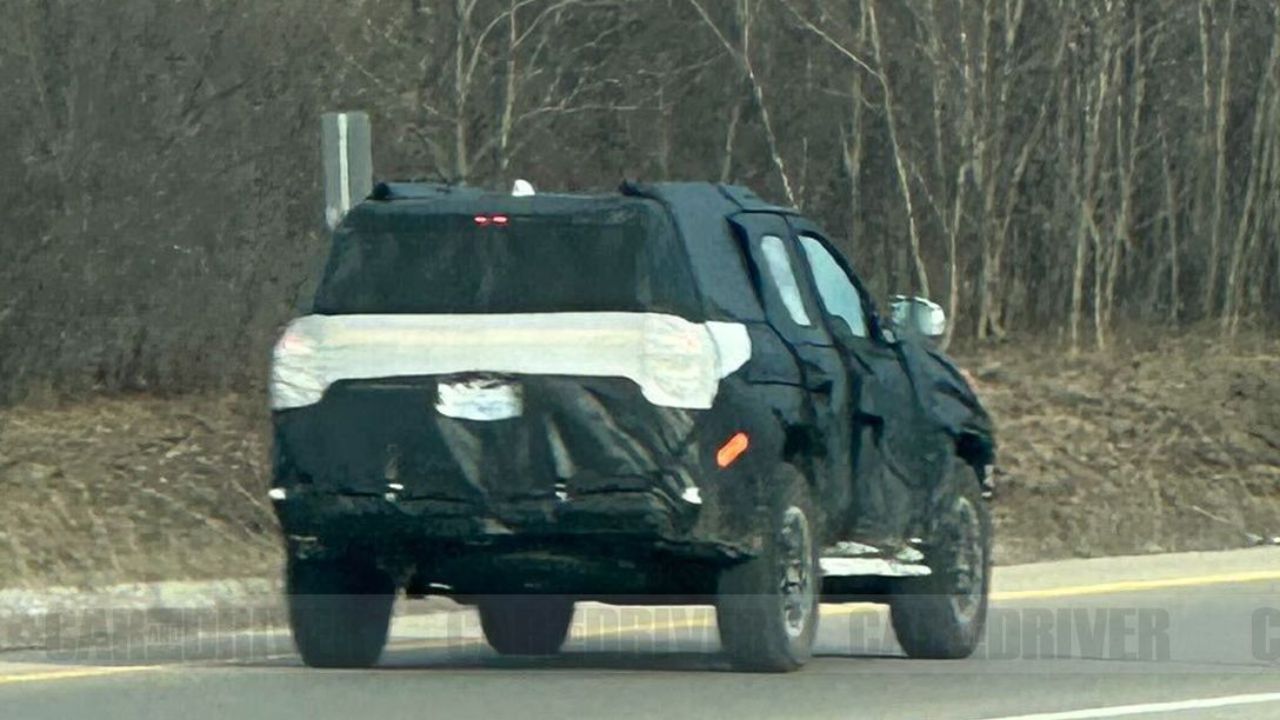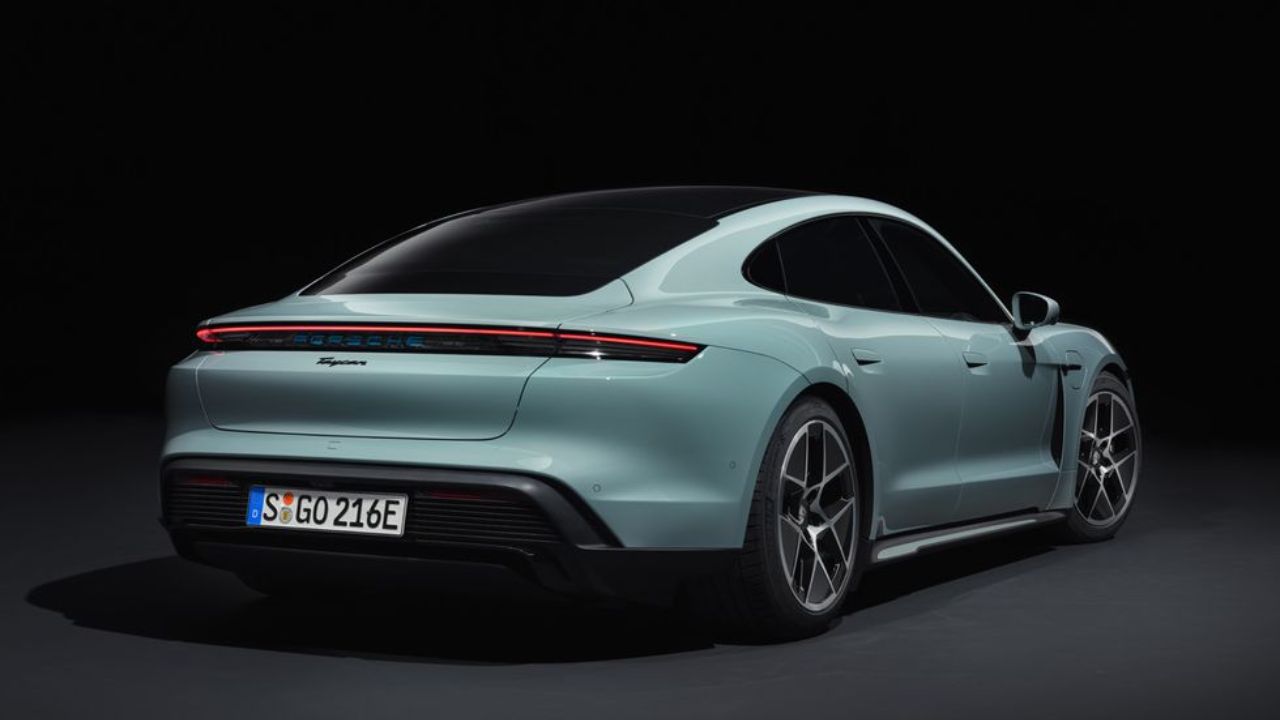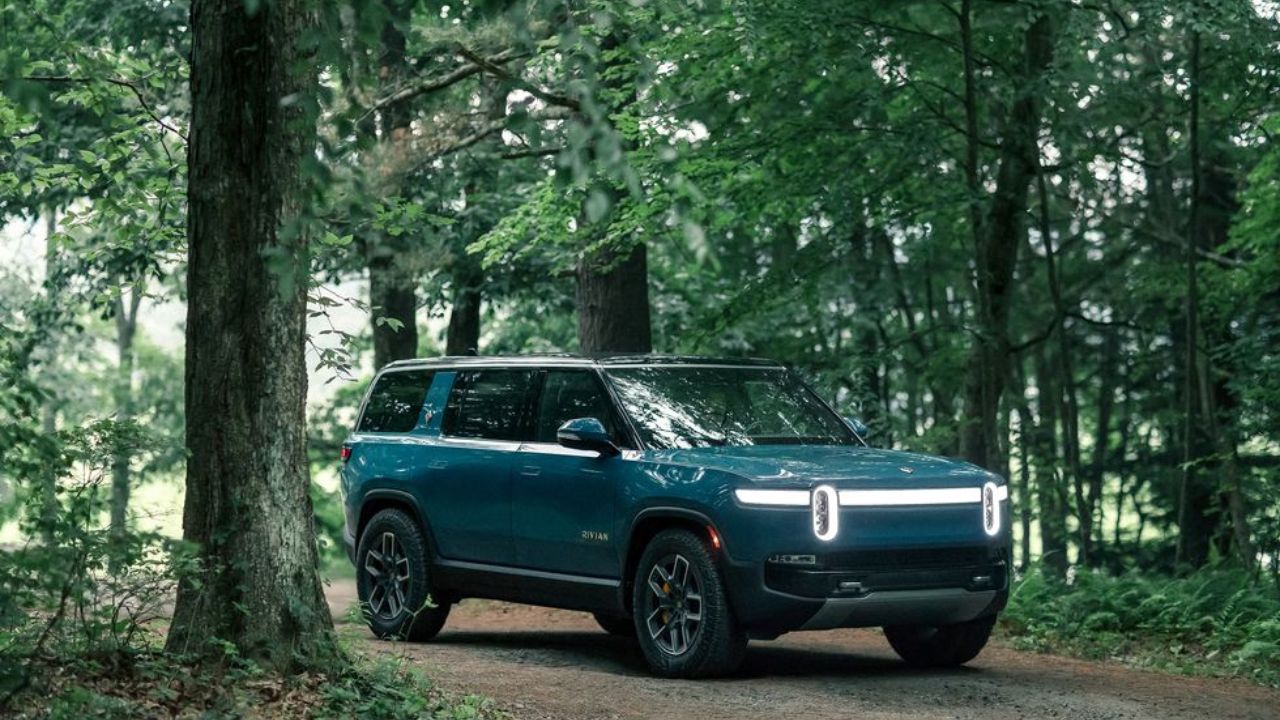Ford has officially gained access to the Tesla Supercharger network, marking a significant development for electric vehicle (EV) owners. In response, Ford is providing a new charging adapter to its customers, facilitating charging using Tesla’s NACS plug.
Free Adapters
Owners of 2021 through 2024 model Ford EVs have the opportunity to obtain the charging adapter free of cost until June 30, 2024. After this date, the adapter will be available for purchase from Ford at a price of $230. Furthermore, Ford’s upcoming generation of EVs will come equipped with NACS plugs as standard, enabling seamless integration with Superchargers.
Charging Options
Previously, non-Tesla EV owners could access Tesla Superchargers only at select stations with built-in adapters. However, Ford EVs can now charge at any Tesla Supercharger station across the network, thanks to the new adapter. This expansion significantly enhances charging convenience for Ford EV owners.
Measures
During a demonstration of the adapter, it was revealed that safety measures, such as a locking pin, are in place to prevent accidental disconnection of the Supercharger plug. Charging initiation involves plugging the Supercharger cable into the adapter before connecting it to the vehicle, ensuring a secure and safe charging process.
Payment
Billing at Supercharger stations will be hassle-free for Ford owners, with payment seamlessly integrated into the FordPro app. Unlike Tesla’s proprietary app, Ford owners won’t need a separate application to initiate charging. Additionally, Ford’s navigation system and FordPass app will assist users in locating eligible Superchargers, streamlining the charging experience.
Charging Infrastructure Expansion
Ford’s collaboration with Tesla’s Supercharger network adds approximately 15,300 chargers to Ford’s charging infrastructure, significantly expanding fast-charging options for Ford EV owners. While Ford is the first automaker to join the Supercharger network officially, other manufacturers are expected to follow suit, with plans to introduce adapters and incorporate NACS plugs into their EVs in the coming years.





